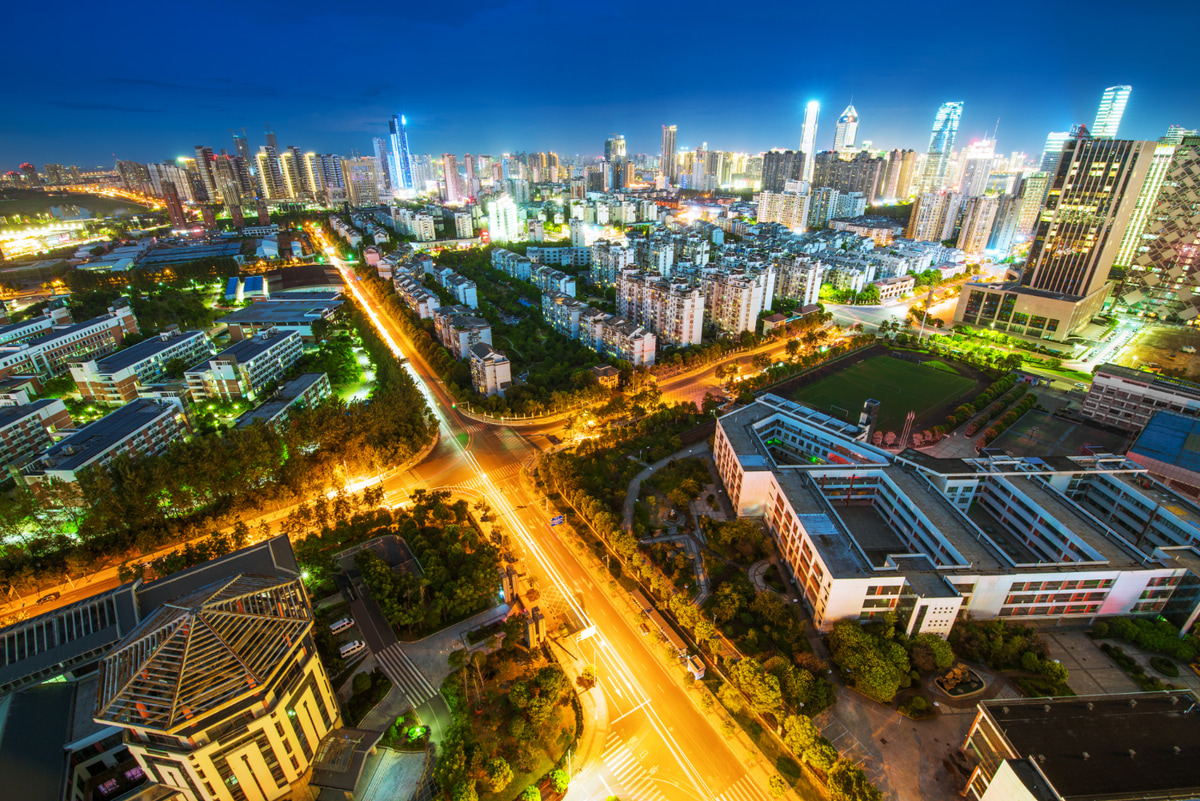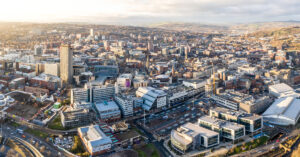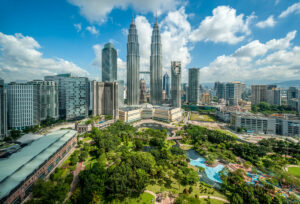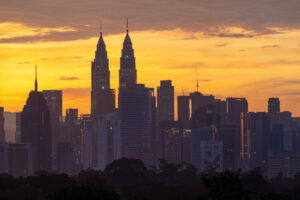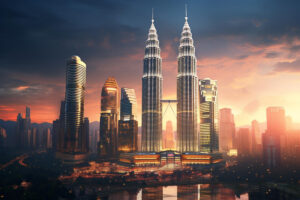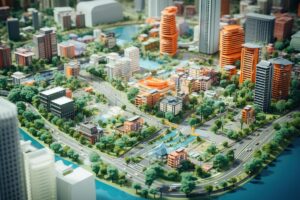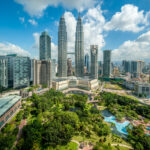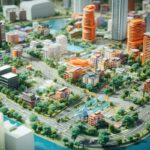Sustainable urban transportation plays a crucial role in the development of liveable cities. As Malaysia’s population continues to urbanise, it is vital to address challenges such as traffic congestion, pollution, and the overall quality of life for residents.
By implementing sustainable transportation systems, we can overcome these challenges and enhance the well-being of our urban populations.
Let’s explore the key components that make up sustainable urban transportation and their impact on creating liveable cities.
What is Sustainable Urban Transportation?

Urban transportation encompasses all modes of transportation and infrastructure used to facilitate travel and mobility within cities and metropolitan areas.
Then, what is sustainable urban transportation? It refers to transportation solutions in urban settings that provide efficient, safe, and sustainable mobility options for residents and visitors.
Here are measures that can be taken for sustainable urban transportation:
Public Transport: Encouraging Sustainable Mobility
Firstly, establishing effective and comfortable networks for public transport reduces dependence on private vehicles. Examples of public transport are:
- buses
- trains
- trams
- subways
The increased use of public transport can reduce traffic congestion, lower CO2 emissions, and offer accessible transportation options for all members of society, promoting social inclusion.
Bicycle and Pedestrian Infrastructure: Prioritising Quality of Life
Besides that, developing cities with dedicated cycling lanes, pedestrian-friendly routes, and safe crossings enhances the quality of life for the population.
Not only does promoting cycling and walking reduce traffic congestion, but it also encourages physical activity, leading to a healthier and happier community.
Read More: The Benefits of Planning for Walkable Cities in Malaysia
Green Transport Options: A Sustainable Future
In addition, introducing eco-friendly transportation options, such as electric buses or bicycles, allows for significant reductions in air and greenhouse gas emissions.
By embracing clean transport alternatives and supporting the development of charging infrastructure, we can pave the way for a more sustainable future.
Mixed-Use Urban Planning: Reducing Commutes
Adding to that, designing cities with mixed-use development that integrates residential, commercial, and recreational spaces reduces the need for long-distance commutes.
When essential services and amenities are within walking or cycling distance, people rely less on cars, leading to more vibrant and cohesive neighbourhoods.
Urban Design and Land Use: Building Sustainable Communities
Implementing smart urban design and land use planning also contributes to more viable and green transportation.
Compact and well-connected cities minimise the distance between homes, workplaces, and amenities, making it easier for residents to walk, cycle, or use public transit. This approach also protects natural areas and reduces urban sprawl.
Incentives and Policies: Shaping our Sustainable Future
Naturally, governments play a crucial role in promoting sustainable urban transportation through incentives and policies.
Subsidies for public transportation, tax benefits for electric vehicles, congestion pricing, and carpooling initiatives can all incentivise sustainable choices.
Policies that encourage telecommuting and flexible work hours further reduce the need for daily commuting, benefiting both the environment and citizens.
Read More: The Role of Urban Design in Increasing One’s Quality of Life
Importance of Sustainable Urban Transportation

Sustainable urban transportation is of paramount importance as it addresses environmental, social, and economic challenges faced by cities. Let’s explore key reasons why such urban transportation is crucial:
Mitigating Climate Change and Improving Air Quality
Firstly, sustainable transport reduces greenhouse gas emissions, air pollutants, and noise pollution. By moving towards low-emission and energy-efficient transportation modes, cities can make a contribution to mitigating climate change and improving air quality.
Read More: Climate-Smart Cities in Malaysia: A Response to Climate Change
Enhancing Efficiency for All
Furthermore, promoting public transport, cycling, and walking not only reduces congestion but also makes urban mobility more efficient, reducing commute times for passengers.
Encouraging Active Lifestyles
Additionally, sustainable urban transportation encourages active modes of travel, such as walking and cycling. By increasing physical activity among residents, we can combat sedentary lifestyles and related health issues like obesity and cardiovascular diseases.
Promoting Social Inclusion
Sustainable transportation also ensures that everyone, including those with limited mobility or low income, has access to affordable and reliable transportation services. This promotes social inclusion and reduces transportation-related disparities.
Optimising Resource Use
Moreover, sustainable urban transportation optimises resources such as land and energy, minimising waste and preserving valuable urban spaces.
Creating Cleaner, Safer, and Happier Cities
Lastly, liveable cities with sustainable transportation provide cleaner air, reduced noise, and safer streets. Therefore, this contributes to a better quality of life for residents, fostering well-being and community cohesion.
Read More: Striving Towards Sustainability: Introduction to Social Impact Assessment
We Shape Malaysia’s Urban Sustainable Future
In conclusion, sustainable urban transportation is fundamental to creating liveable cities in Malaysia.
At PEQ Consult, we are committed to the future of Malaysia’s urban development and offer our expertise in sustainable town planning and project development.
Together with governments, urban planners, businesses, and citizens, we can create a healthier and more liveable future for our urban populations.
Contact us to learn more about our services and join us in shaping Malaysia’s sustainable urban future.

